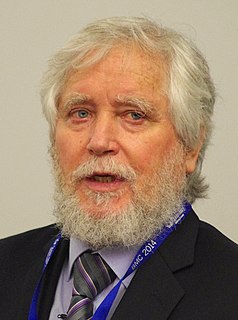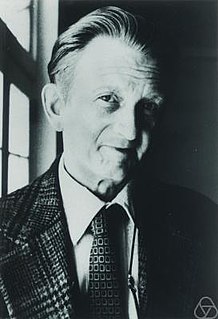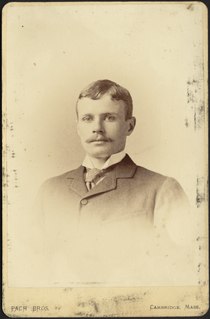A Quote by Endre Szemeredi
Too much knowledge could be a bad thing. I was lead to the Szemerédi theorem by proving a result, about squares, that Euler had already proven, and I relied on an "obvious" fact, about arithmetical progressions, that was unproved at the time. But that lead me to try and prove that formerly unproved statement- about arithmetical progressions-and that ultimately lead to the Szemerédi Theorem.
Related Quotes
If you have to prove a theorem, do not rush. First of all, understand fully what the theorem says, try to see clearly what it means. Then check the theorem; it could be false. Examine the consequences, verify as many particular instances as are needed to convince yourself of the truth. When you have satisfied yourself that the theorem is true, you can start proving it.
That's the thing about love - it's full of possibilities. It can lead you down so many different paths. Sure, for some of us, it can lead to sadness and regret. But, for others, well, for others it can lead them to the greatest future they could've ever hoped for. Love is the most possible thing in the world.
Leadership belongs to all of us. I'm a big believer in John Maxwell, a leadership speaker and author, who talks about the 360-degree leader. Before leading others, you have to learn to lead yourself. Wherever you work in an organization you have to learn to lead up, lead down, and lead side to side. Leadership belongs to all of us. You have to see yourself, and believe in yourself in the way that we are talking about here to give to those that you lead.
The laws of spiritual physics will not allow you to lead somebody that you don't love, that you don't care about, that you resent, that you look down on. That's why the Republicans can't lead black people. And that's why Democrats increasingly can't lead these straight, white, male demons that we hate so much.
I think that if your tenure case depends on your proving what you thought was a mathematical theorem and the proposed theorem turns out to be false just before your tenure decision, and you want to get tenure very badly, there is a sense in which it's perfectly understandable and reasonable of you to wish the proposed theorem were true and provable, even if it's logically impossible for it to be.
I then began to study arithmetical questions without any great apparent result, and without suspecting that they could have the least connexion with my previous researches. Disgusted at my want of success, I went away to spend a few days at the seaside, and thought of entirely different things. One day, as I was walking on the cliff, the idea came to me, again with the same characteristics of conciseness, suddenness, and immediate certainty, that arithmetical transformations of indefinite ternary quadratic forms are identical with those of non-Euclidian geometry.
In the "commentatio" (note presented to the Russian Academy) in which his theorem on polyhedra (on the number of faces, edges and vertices) was first published Euler gives no proof. In place of a proof, he offers an inductive argument: he verifies the relation in a variety of special cases. There is little doubt that he also discovered the theorem, as many of his other results, inductively.



































